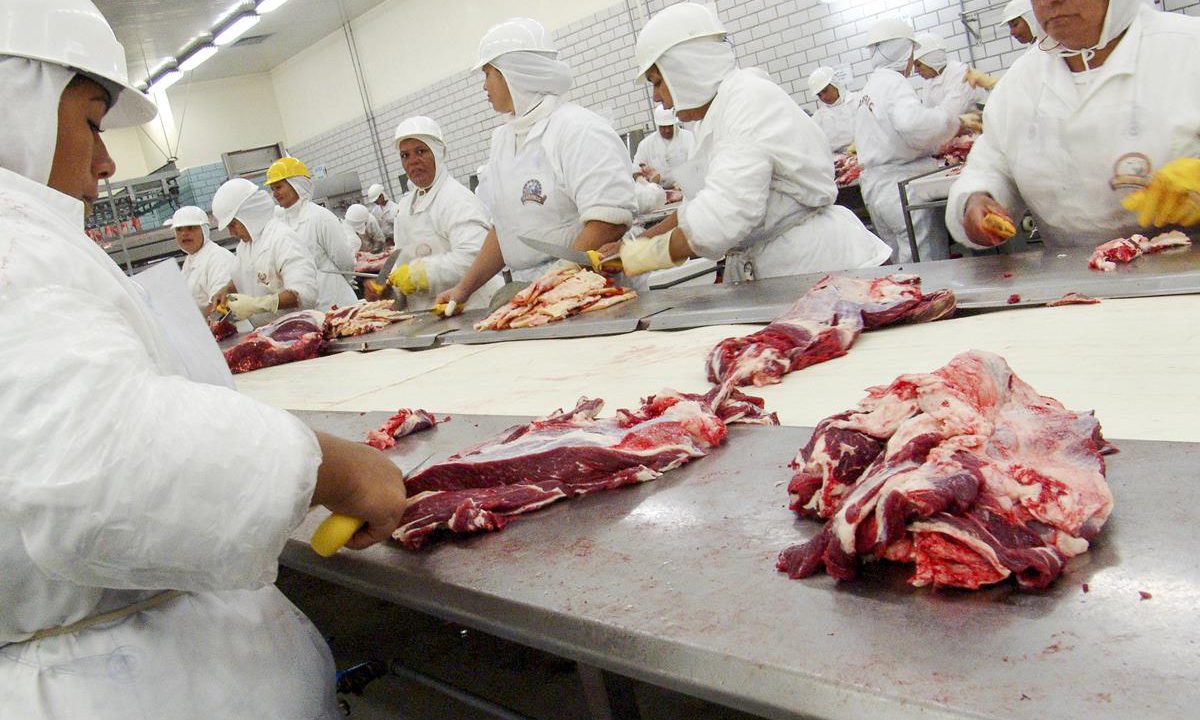87% of the meat plant inspections carried out by the Health and Safety Authority (HSA) since May 18, 2020, have been unannounced.
The minister told the Dáil that in addition, as of February 5, his department had completed 666 inspections on behalf of the HSA, including unannounced inspections in department-approved food premises.
“Those inspections are ongoing,” he said.
“To be clear, they are in addition to inspections carried out by the HSA itself and also in addition to the 49 premises where the department has a permanent presence.
As of February 3, the HSA had completed 239 inspections of meat processing facilities since May 18 last year. Plant inspection numbers include those connected with Covid-19 outbreaks.
Solidarity-People Before Profit TD Bríd Smith told the Dáil that her party will be bringing forward a bill soon related to sick pay schemes for meat plants.
Interim guidance on Covid-19 outbreaks in meat factories
Last week, the Health Protection Surveillance Centre (HPSC) published interim guidance on Covid-19 outbreak control in meat factories.
As the HPSC notes, the advice is “based on best evidence available currently”.
“As Covid-19 is a new illness with an evolving scientific evidence base, it is likely that some of the advice in this letter will be superseded in the coming weeks and months. Therefore, this is interim guidance.”
- Workers should be organised into pods or groups;
- Consideration should be given to erecting a marquee as extra canteen space to ensure physical distancing;
- Management should consider providing transport for workers, ideally, car-pooling would only be for workers within the same household;
- Cases who are unable to self-isolate in their own home should be offered a place in the state’s isolation facilities, currently Citywest, so that they can self-isolate away from other household members;
- In the event of a sufficiently extensive outbreak, consideration should be given by the local outbreak control team to temporary closure of the plant or part of the plant;
- Where possible, management should know which employees live together, so that close contacts can be identified and excluded and tested if indicated;
- Movement of staff between establishments including factory workers, canteen staff (if contract caterers), cleaning staff or veterinary staff should be minimised.
